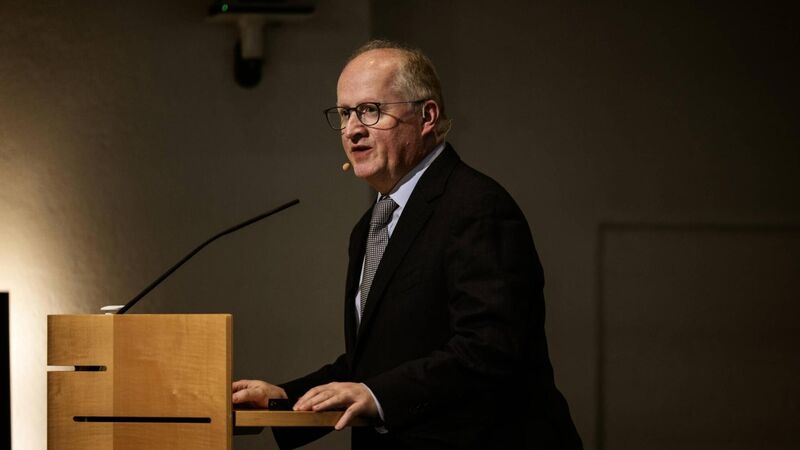ECB’s Philip Lane warns of 'bumpy' inflation decline but hints at rate cut in June

Philip Lane said: 'We will continue to follow a data-dependent and meeting-by-meeting approach to determining the appropriate level and duration of restriction.'
European Central Bank (ECB) chief economist Philip Lane said the retreat in consumer-price growth is unlikely to be smooth.
While Mr Lane expressed confidence that inflation is heading back to the 2% target in 2025, he said gains in wage and service costs remain elevated. He re-iterated the ECB’s latest policy statement that hints at a cut in interest rates when officials meet in June.














